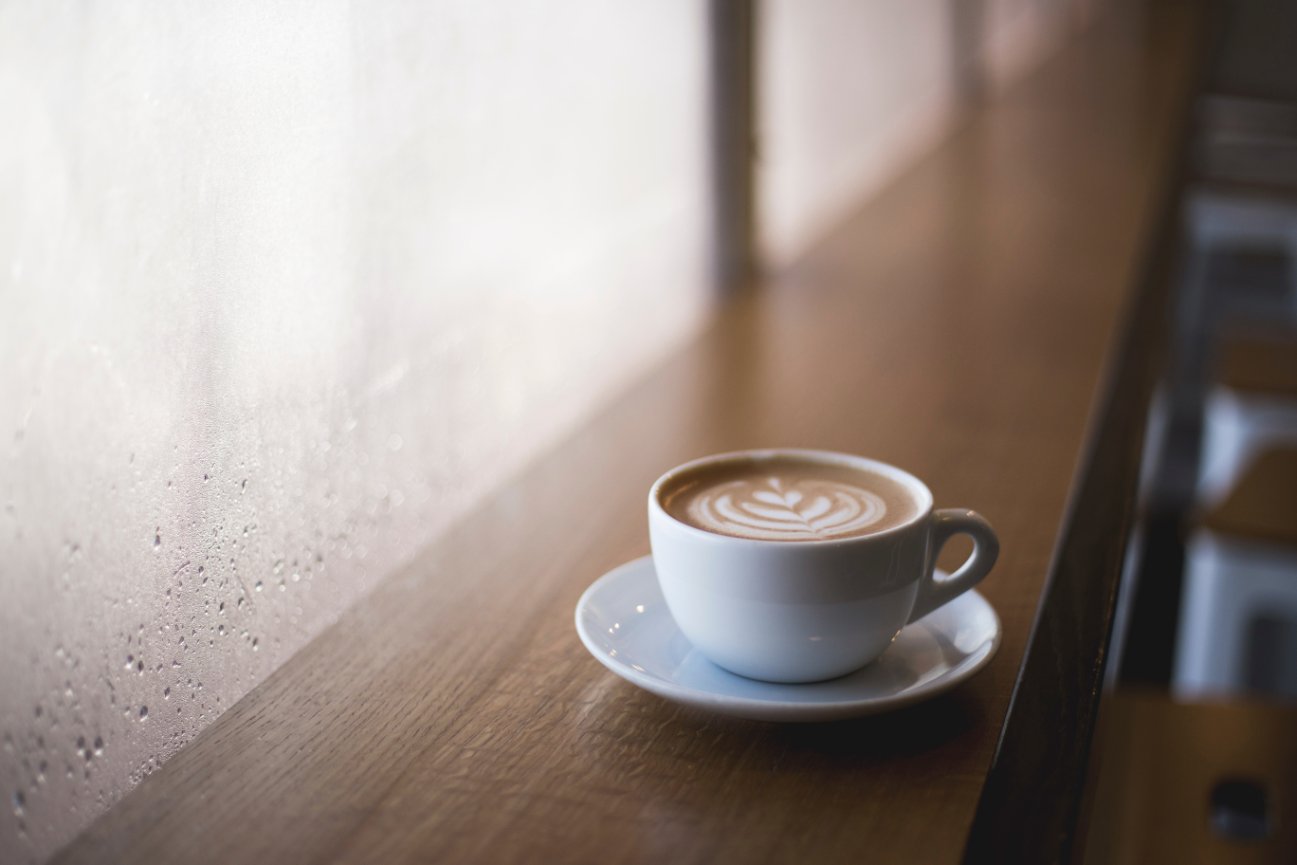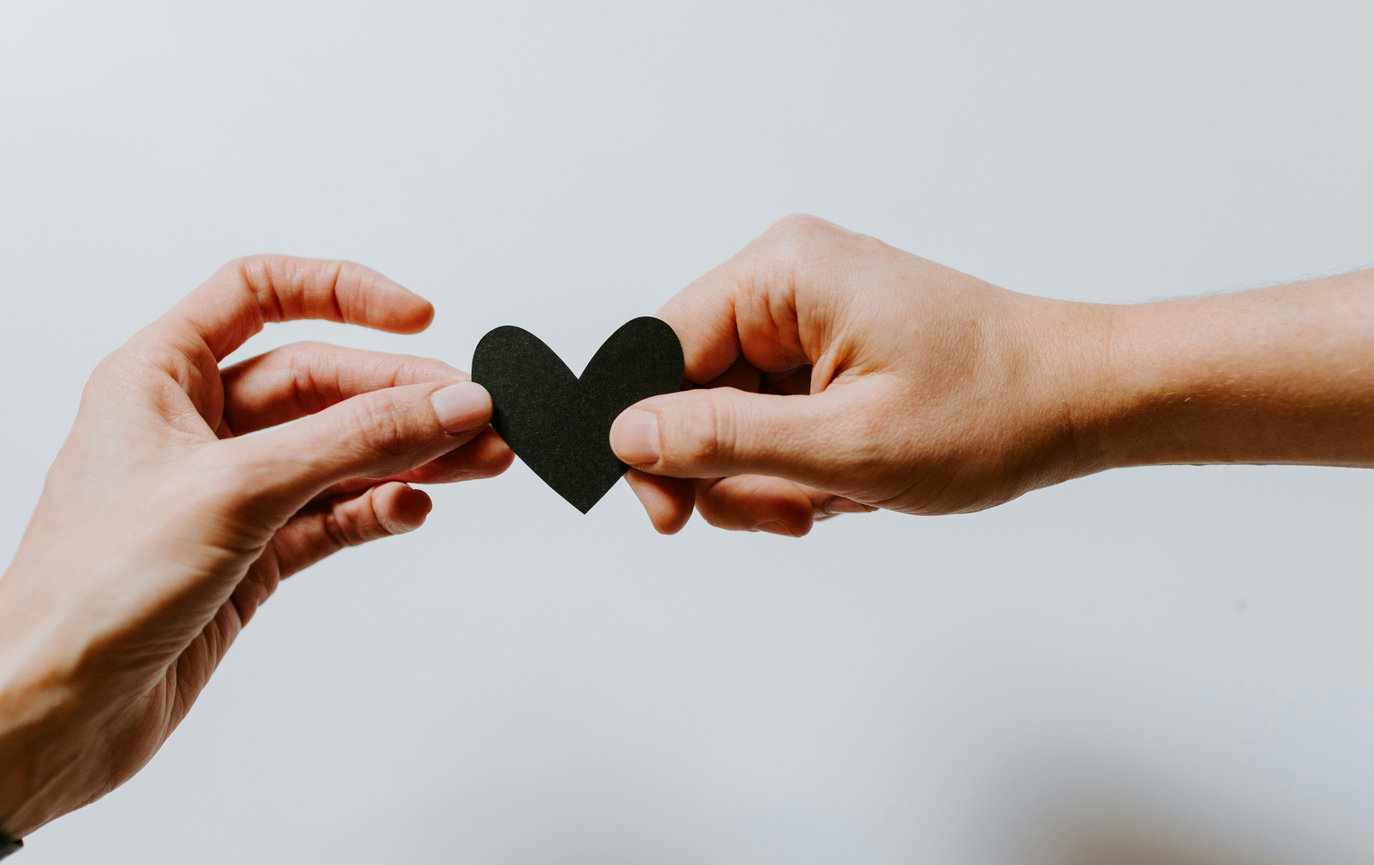Making the decision to stop drinking or using drugs is not always an easy one. It can take weeks, months, or even years of abuse before that choice becomes clear. It also entails the complete and total upheaval of every aspect of your life, which may not be easy during the Coronavirus pandemic. This blog will outline some of the key components of recovery and how you can maintain sobriety within isolation.
Structure
One of the first things you may learn in early sobriety is about structure. Structuring your time, activities, and your daily commute can do wonders for a sober lifestyle. If you structure out your day, you won’t allow for leisure time that could lead to a relapse. Adding additional activities like hobbies and exercise can help break up the monotony of this time. Plan a daily routine (whether or not it currently includes work), and try to hold yourself accountable. Having a friend or loved one check-in and help you is also a useful tool.
Identifying Triggers
Naming and challenging your triggers are large parts of early recovery. You need to spend time identifying the situations, people, places, and things that might trigger you to relapse. Does your roommate’s constant nagging send you over the edge? What about being stressed over bills, or the upcoming family reunion? Being able to know what your triggers are will set you apart from others in recovery. If you are able to identify your triggers, you will be better equipped to deal with them.
Coping Skills
Boredom is known to be a major trigger for most people in recovery, so having a tool belt consisting of key coping skills can be beneficial. Strategies like the following have been known to be helpful in times of high stress and anxiety:
Meditation
Visualizations
Yoga
Deep breathing
Grounding techniques
Being able to come up with a list of skills that you can use in place of alcohol and drugs is a major factor of early recovery.
Support
Meetings and social groups are other large aspects of sobriety. Whether it is an AA or NA meeting, coffee with friends, or a SMART recovery setting, there are several options available to you throughout the pandemic. Online support groups have become plentiful, and it can provide that key aspect of sobriety that you may have been missing. Also, virtual hangouts with family and other social groups has become a cultural norm. This way, you can connect with your social supports during times of isolation.
Boundaries
Boundaries with friends and loved ones are an ongoing process in recovery. To build healthy boundaries, it is important to put your needs ahead of your and other’s wants. To be able to say ‘no’ is such a profound and beautiful experience, and it is your right. You should be able to say no to someone offering drugs or alcohol, but it is not easy. Setting appropriate limits with yourself is an important tool to learn. If you know that your sobriety can be threatened through a series of events, do your best to set limits surrounding those events. Do not push yourself outside of your comfort zone until you get your footing. Being quarantined with social distance limits is an opportunity to find comfort in your own skin, under your roof. Once the quarantines have been lifted, ease yourself back into society and watch out for environmental triggers that you did not deal with at home.
We are living in uncertain times, and nobody is sure what will happen on the other side of this. If you are in early recovery, you remember how you would deal with situations like this in the past; drown the issue in drugs and alcohol. Now, you have the opportunity to be part of something larger. To remember the impact this had on your life and prove to yourself that you are stronger than your vices. You can do this, and we believe in you.
About the Guest Blogger
Ellen Stephenson is a Licensed Marriage and Family Therapist in Florida and the owner of Relationship Recovery, a teletherapy practice. Ellen provides therapy to individuals, couples, and families struggling with substance use, codependency, and anxiety among other mental health concerns.






Leave a comment
0 Comments